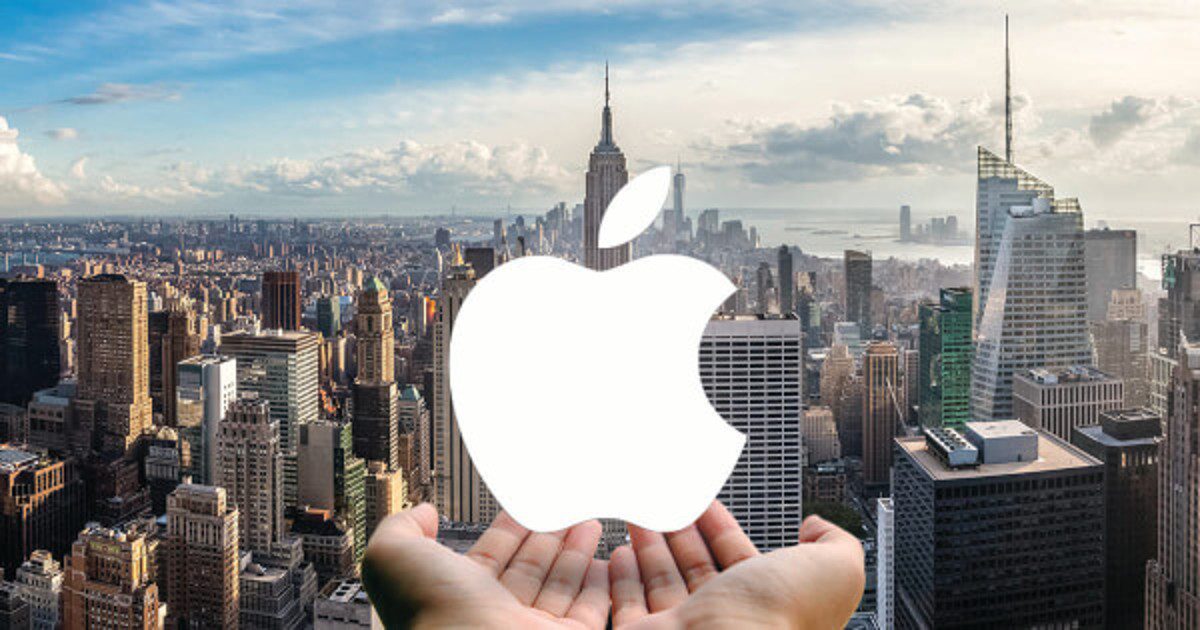A US district judge has dismissed an antitrust lawsuit targeting Apple where users of Venmo and the Cash App claimed Apple Cash had an anti-competitive advantage.
In a significant legal victory for Apple Inc., a lawsuit filed by customers of payment services such as Venmo and Cash App was dismissed by U.S. District Judge Vince Chabria. The suit accuses Apple of engaging in monopolistic practices with the Apple Cash service, which the plaintiffs claim stifles competition and prevents the introduction of innovative features such as decentralized cryptocurrency payments.
The lawsuit targeted Apple’s stronghold on the digital payments sector, arguing that the tech giant’s practices were not only anti-competitive but also harmful to consumer choice and technological progress. The plaintiffs allege that Apple’s alleged monopoly has made it difficult for competitors to offer competitive pricing and improve functionality, particularly in the area of cryptocurrency integration.
The dismissal of the case signals a deepening of the legal moat surrounding Apple’s business practices, particularly regarding its own services and products. Apple Cash, integrated into Apple’s ecosystem, enables seamless transactions between iOS users, a feature the plaintiffs argued was designed to defeat the competition.
However, Judge Chabria’s decision to dismiss the case underscores the complexity of antitrust litigation in the technology industry, especially when it involves allegations of stifling competition through insiders. The ruling could set a precedent that could affect the approach to upcoming antitrust cases against big tech companies, especially those that have ventured into financial services.
This legal development comes amid a broader conversation about the role of large technology companies in financial services and their impact on the competitive landscape. With the growing interest in decentralized financial systems, such as those based on blockchain technology, there is an ongoing debate about how traditional banking services and payment platforms can be adapted to include cryptocurrencies and other digital assets.
In light of the layoff, the future of competition in digital wallets remains a contested field, with big tech firms and fintech startups fighting for a share of the lucrative market. Apple’s stance, bolstered by this legal outcome, could encourage the company to further integrate its services into its device ecosystem, potentially including cryptocurrency features in the future.
The case also underscores growing scrutiny of the tech giants’ expansion into financial services, as regulators and competitors question the implications for consumer choice and market fairness. Although this case against Apple was dismissed, the intersection of technology, finance and antitrust law continues to be an area of evolving legal challenges and debate.
The implications of this decision are far-reaching, not only for Apple, but for the entire technology sector, which increasingly finds itself at the crossroads of innovation, regulation and competitive practices.
Image source: Shutterstock

